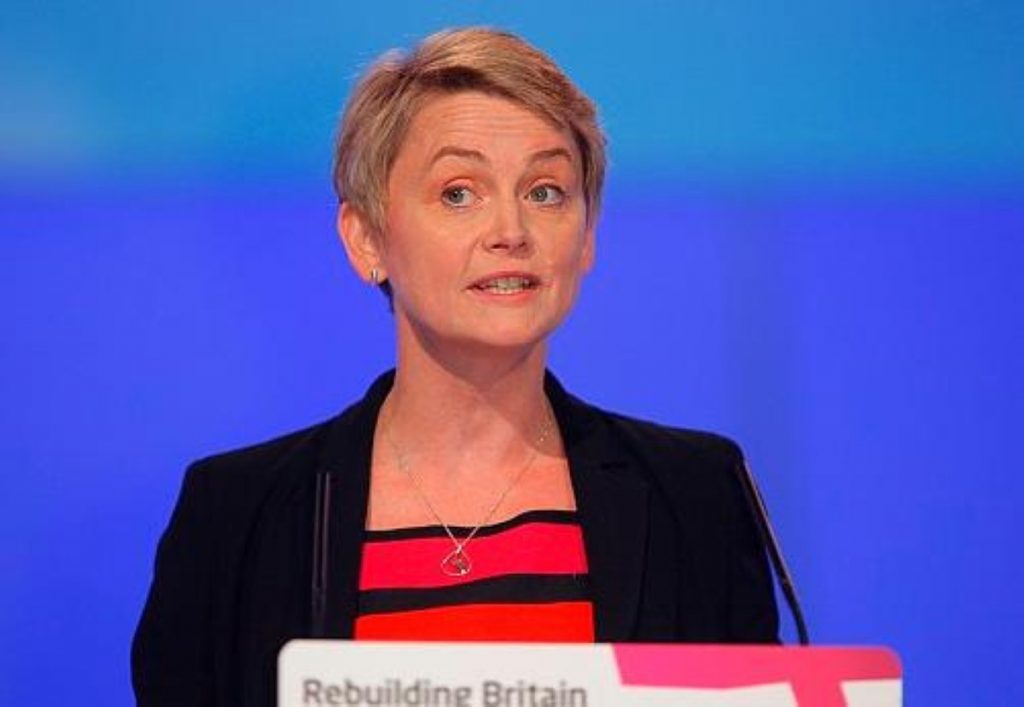Cooper says she had no part in Mandelson anti-Corbyn plot
Yvette Cooper insisted she had not held any discussions with Peter Mandelson about trying to cancel the Labour leadership race today, as new rumours emerged of efforts to prevent Jeremy Corbyn becoming party leader.
With the first ballots arrived on the doorsteps of Labour's registered voters, the media was full of speculation about a plot to have Cooper, Liz Kendall and Andy Burnham step out the race in a bid to invalidate it before Corbyn could win.
Cooper said she not participated in the plot.
"I've not had any discussions about this. You need to pursue this with other people if other people have told you things," she told the Today programme.


"Peter is not standing in this election. What's important is the voices of people standing in the leadership election right now."
Other media reports suggest Kendall and Cooper were put under pressure to stand down so Burnham could lead a centrist alliance against Corbyn.
That also appears to have fallen apart, leaving all four candidates still fighting for the leadership as it enters its final stage.
Cooper refused to be drawn on the various plots against the hard-left Labour backbencher today.
"Let's have the argument about what Jeremy's views are," she said.
"There are things I agree with Jeremy, but there are also things I disagree with. I don't think we should go back to Clause 4 or have an economic policy about printing money.
"What I'm trying to debate are not process arguments between small numbers of people."
Yesterday, former prime minister Gordon Brown issued a 50-minute speech urging members to vote against Corbyn, although he refused to mention him by name.
His own intervention followed that of a procession of party grandees, including Tony Blair, Alan Johnson, Jack Straw and Alastair Campbell. None of them have dented Corbyn's support and he heads into the final stage of the contest as the clear front-runner.
A Survation poll last Friday suggested he was even the most popular candidate with supporters of other parties. He was the preferred candidate of 39% of Ukip supporters, compared to 38% of Labour supporters.
A poll by the Evening Standard found he was the first choice of Londoners to lead Labour, where he performed particularly strongly with the better-off, the young and the old, as well as supporters of wildly disparate parties, such as the Lib Dems and Ukip.









